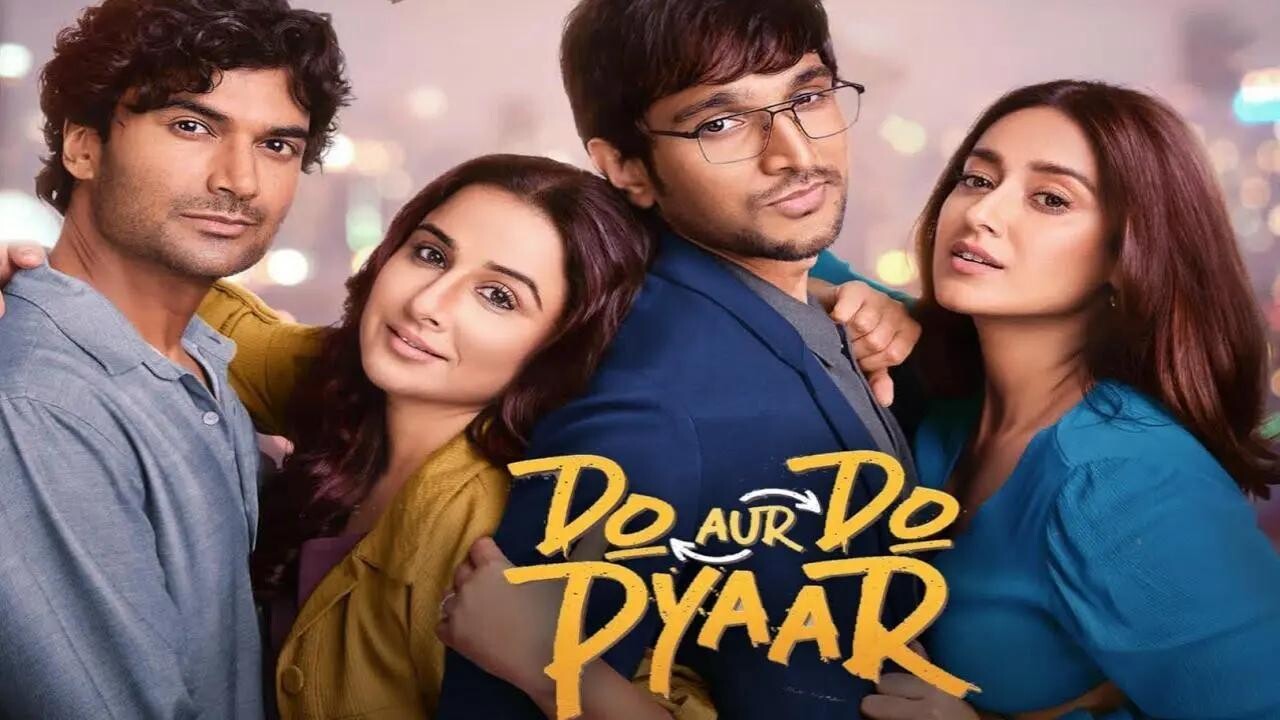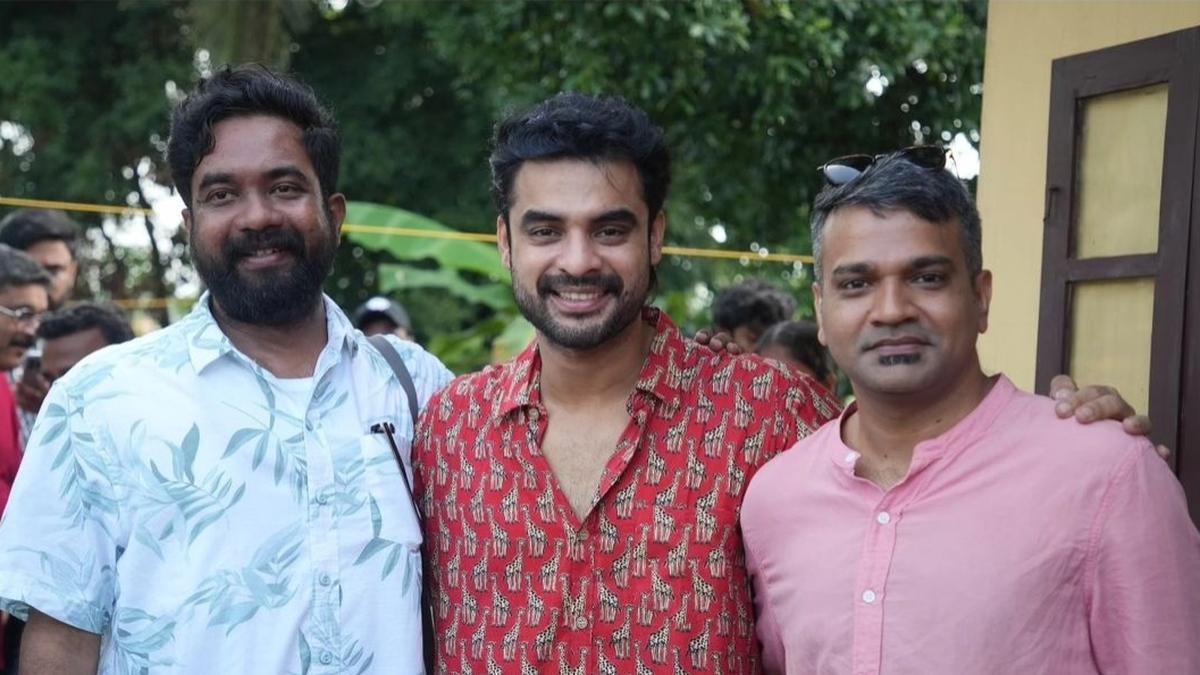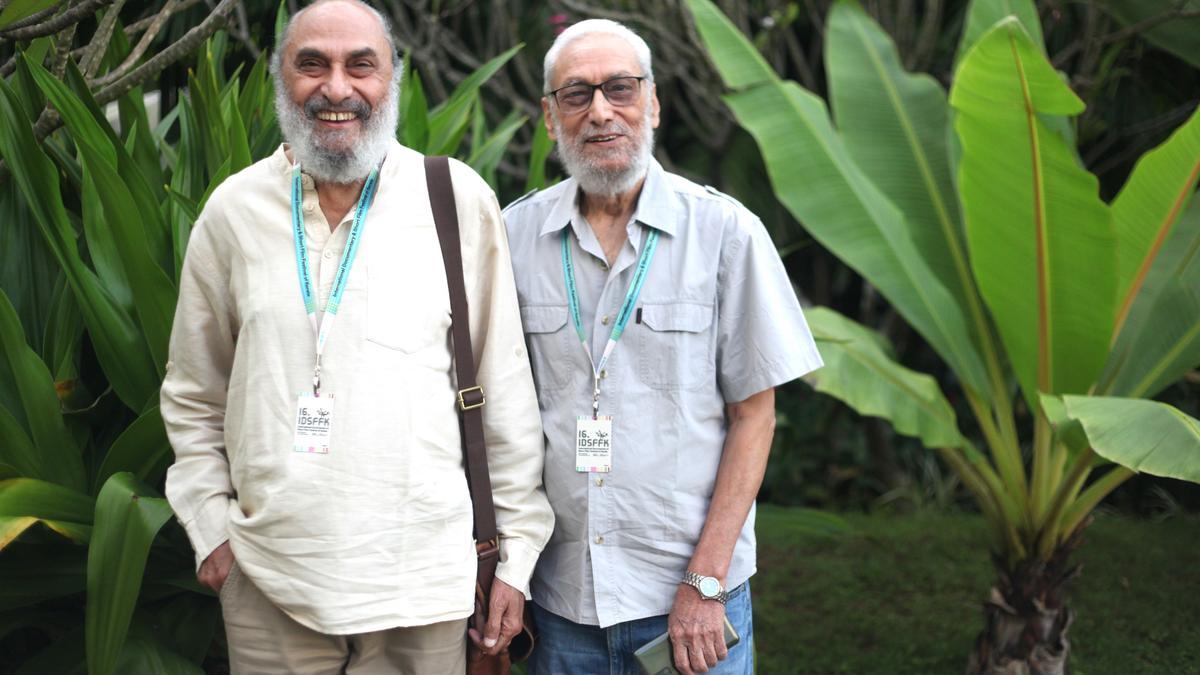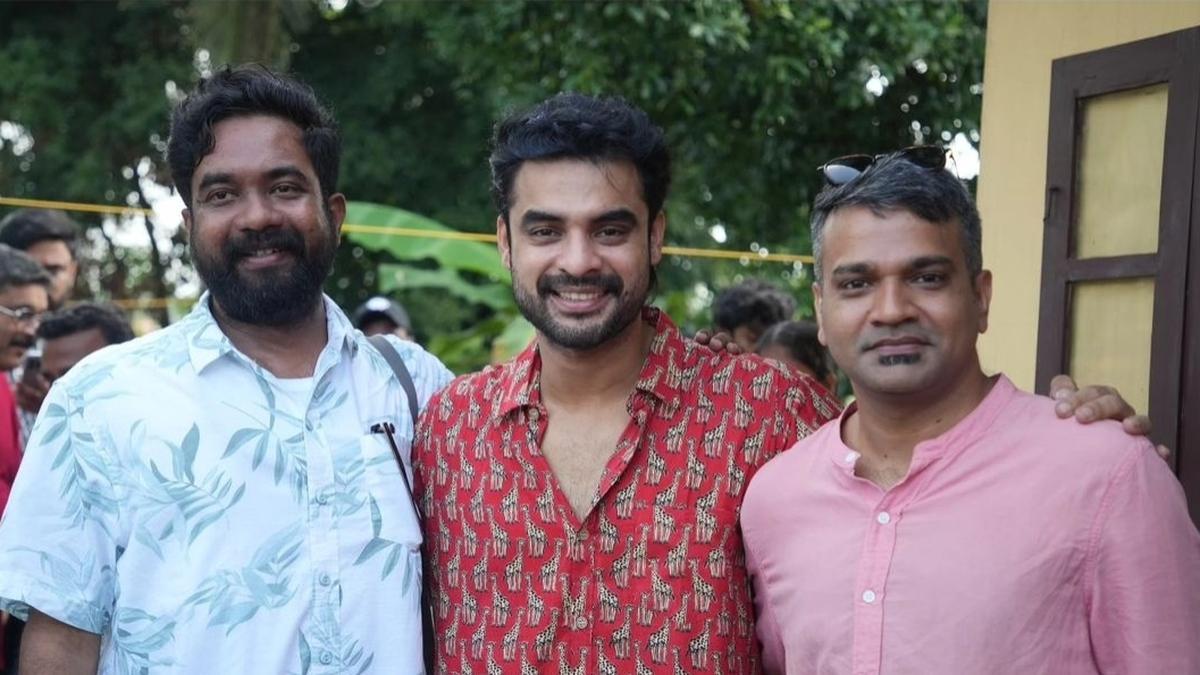
In the picturesque portrayal of convoluted romance, “Do Aur Do Pyaar” presents an intriguing discourse on modern relationships, as subtly suggested by a curious analogy involving a toothbrush which, I assure you, is best discovered firsthand in the theater. This romantic comedy, directed by the fresh talent Shirsha Guha Thakurta and starring the versatile Vidya Balan and the commendable Pratik Gandhi, merits a 3.5/5 for its deft handling of a genre often prone to cliché and melodrama.
At its core, the film is about two individuals, part of a married couple, who find themselves entangled in affairs outside their nuptial bonds. Yet, they seemingly rekindle a flame with each other, bringing forth the paradoxical concept that one can fall back in love just as one can fall out of it—all without the theatrics. It brings audience members to a crossroads of emotions, asking them to explore the quiet depths of love’s return.
The narrative’s potential paths are as limitless as the genres it teasingly brushes against; it could have unfolded into a murder mystery, a thriller, or a tale teetering on the risqué. Instead, it stays firmly rooted in the rom-com soil, a choice that proves the genre still has fertile ground in contemporary cinema if cultivated with finesse and authenticity.
This tale of tangled hearts is not without precedent; it is openly inspired by the 2017 film “The Lovers” directed by Azazel Jacobs. Upon comparison, one finds that “Do Aur Do Pyaar” eclipses its predecessor with its vibrancy and charm. Remakes, after all, find their justification in existence when they reconstruct the essence of an original into something superior—an ambition heartily fulfilled by the screenplay triumvirate of Amrita Bagchi, Esha Chopra, and Suprotim Sengupta, under the guidance of Thakurta.
Their combined efforts reflect nuances of the urban landscape, where marriage is scrutinized under the lens of modernity, relationships examined for their progression beyond societal expectations. The couple in focus personify the DINKS demographic—double income, no kids—underlining friendship and shared experiences as the foundation of their bond, even as they navigate the complexities of external amorous pursuits.
Among the film’s strengths is its deliberate ambiguity, leaving the audience to draw from the well of personal interpretation—an attribute of the most enduring of movies. The characters’ lives extend beyond the script as allusions to their past are suggested—Balan as the enigmatic Tamilian entwined with an artsy New Yorker; Gandhi as the artistic dreamer turned salesman—intricately connected to a youthful, alluring actor played by Ileana D’Cruz.
Every detail, from the oddly placed stainless steel crockery that seems immune to microwave radiation, to their endearing camaraderie draped in the casual use of last names, builds upon a tapestry of shared, comfortable existence that transcends traditional romance and ventures into territories more reflective of contemporary narratives.
The casting choices demand attention, with Balan shining in her role as the lead, embodying both the perplexities and simplicities of love. D’Cruz, underutilized since her “Barfi” days, dazzles with an equal luminosity. Gandhi continues to charm, carrying over the relatable humor from his role in “Madgaon Express,” though Ramamurthy falls short in delivering the same level of connection with the audience, appearing slightly disjointed in his performance.
The film challenges the recent perspective that iridescent, medium-budget films and romantic comedies are relics of entertainment past, proving that even in an era that craves shock and awe, there is a place for heartfelt laughter and the tender ache of romance devoid of violence or tragedy.
“Do Aur Do Pyaar” stands as a testament to human resilience in the face of emotional complexity, addressing the dynamics of love, intimacy, and the ensuing bittersweet entanglements. It’s a film whose strength lies in its human portrayal of love—flawed, unpredictable, and enduring. In the end, it confidently invites us back to appreciate the allure of its characters and the warmth of its story—this movie, undeniably, is one to recommend.










